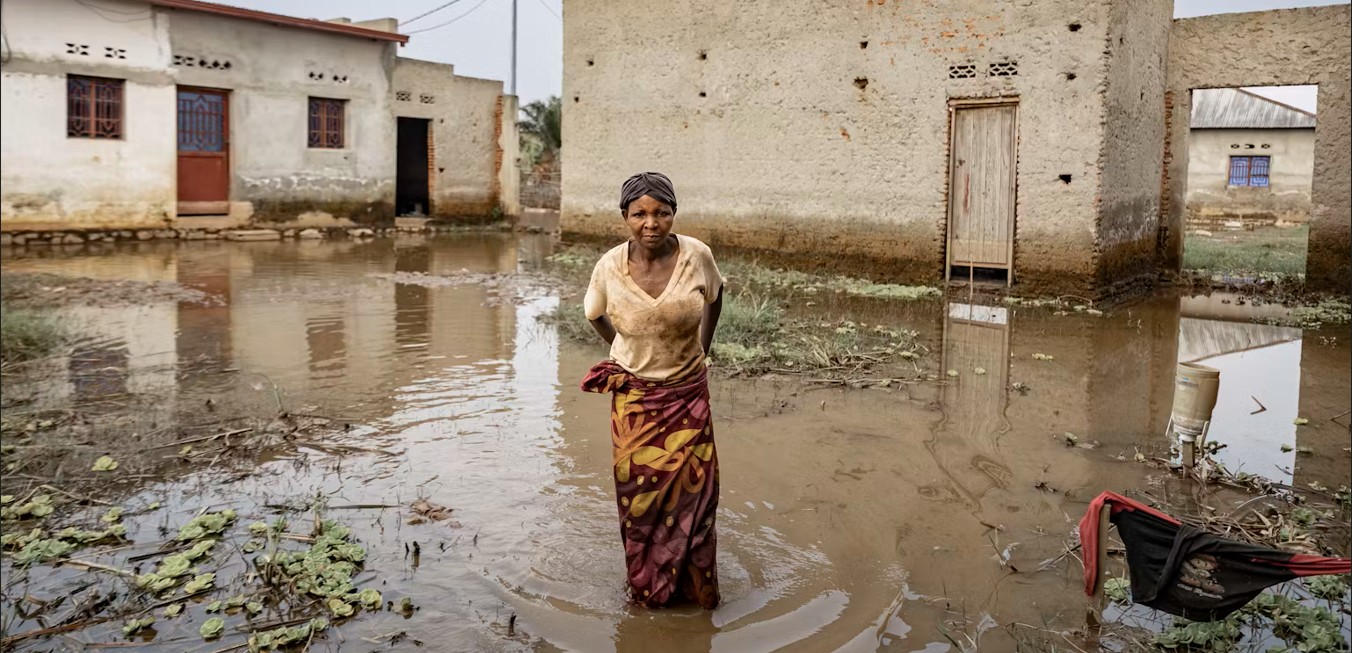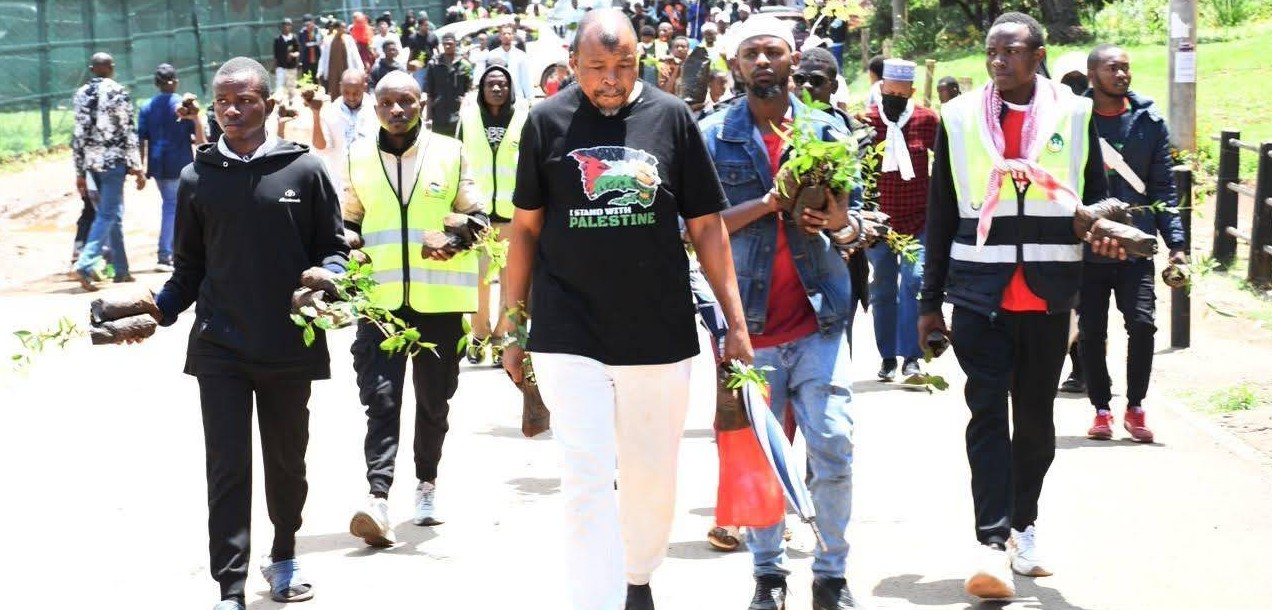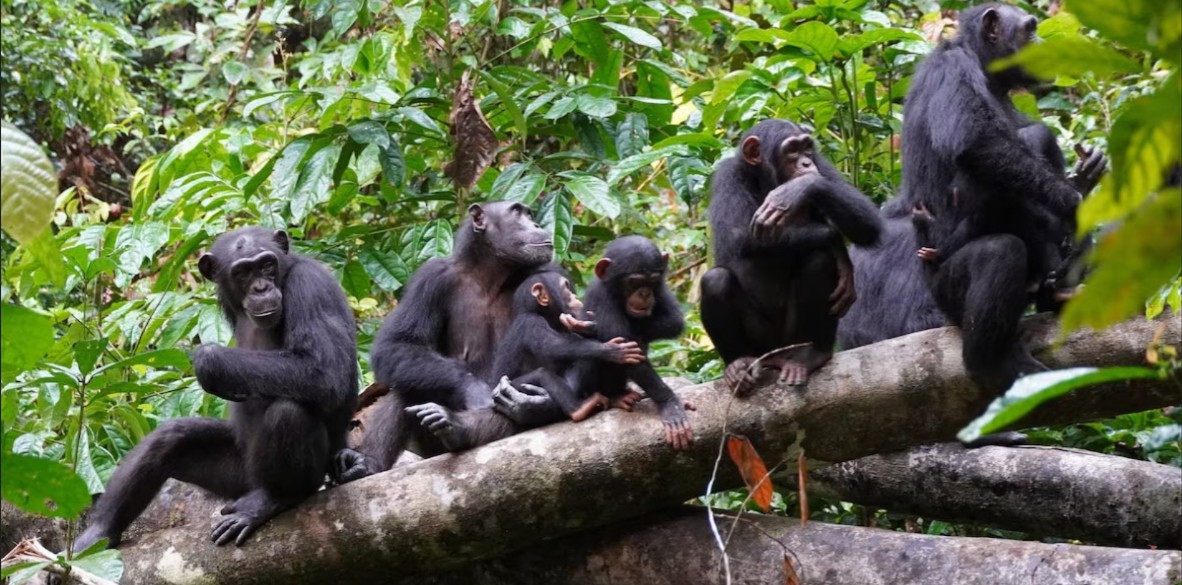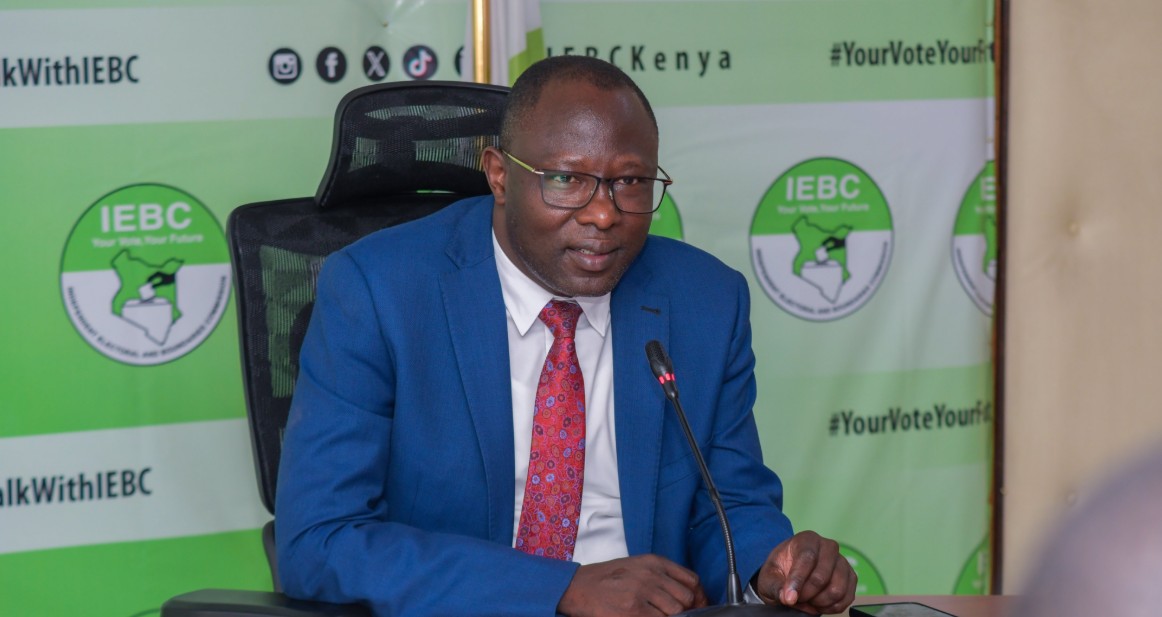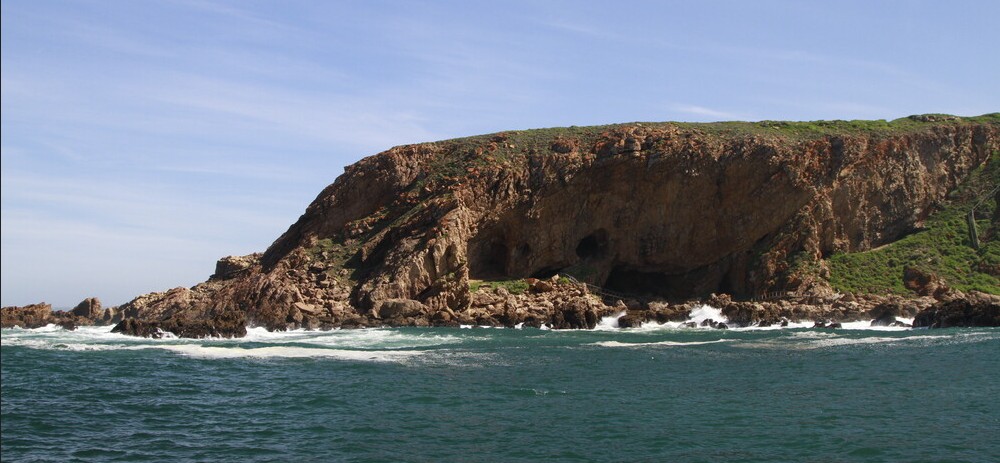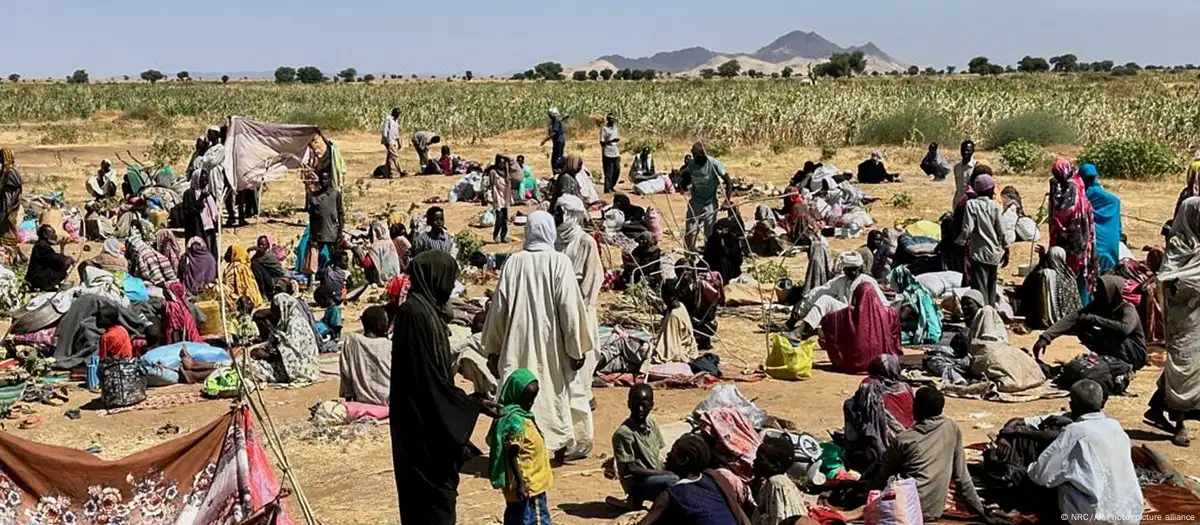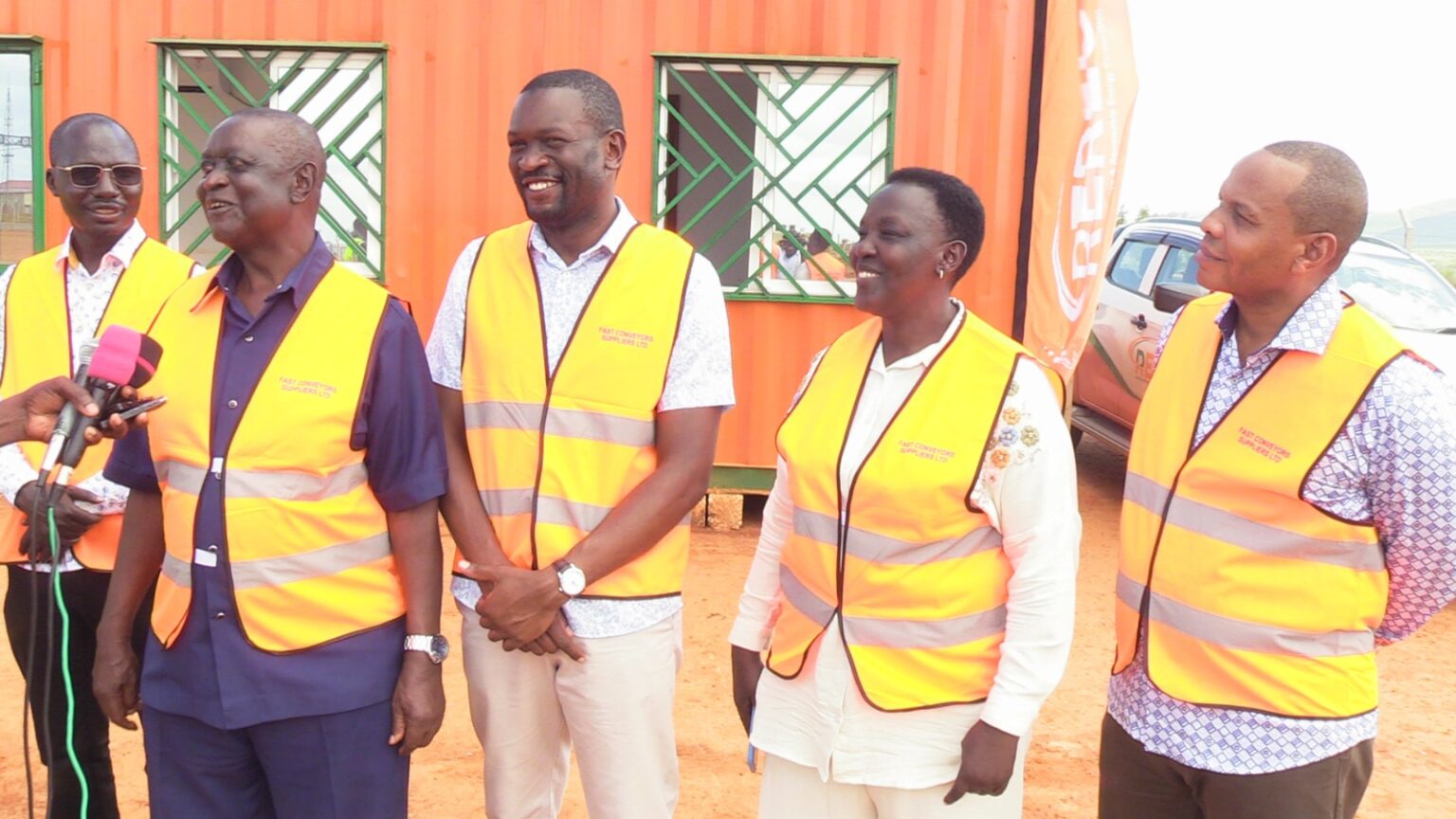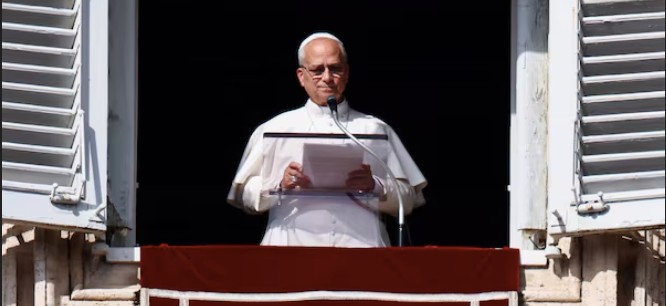At least 13,500 families to receive compensation after Mau Forest evictions
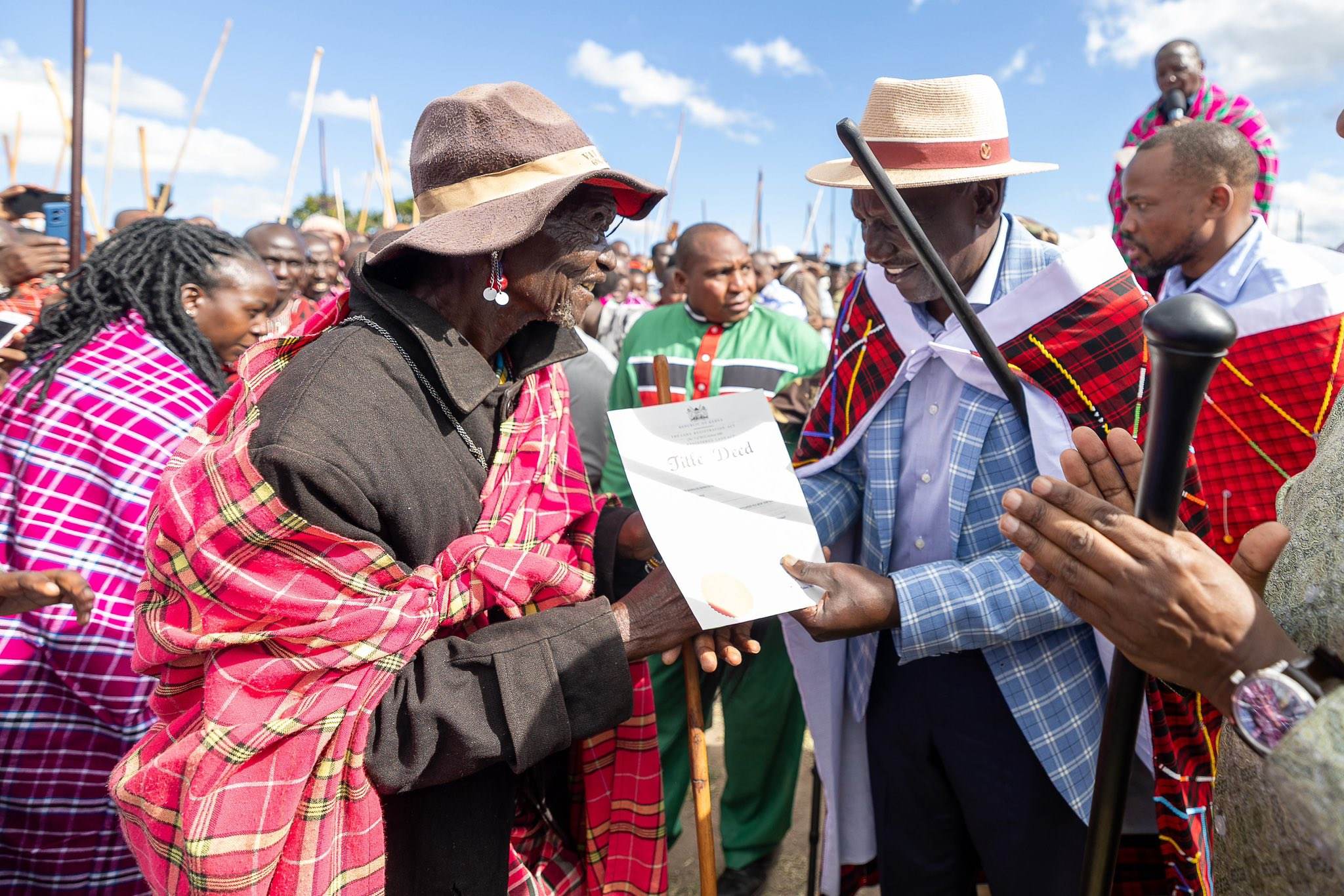
Ruto directed Interior Principal Secretary Raymond Omollo to coordinate with the County Deputy County Commissioners and local leaders to identify the affected families.
The government will compensate at least 13,500 families who were previously evicted from the Maasai Mau Forest, President William Ruto has said.
Speaking in Suswa, Narok County on Wednesday, the President said the move follows the completion of a boundary verification exercise that clarified ownership and settlement patterns in the forest complex, one of Kenya’s most important water catchment areas.
More To Read
- Government launches 10-year mega plan to revive Mau Forest Complex
- Former KWTA staff to be redeployed following agency's dissolution—Duale
- Kenya Water Towers Agency disbanded after expiry of legal framework
- Kenya given new deadline to report on Ogiek land dispute compliance
- Construction of stalled Itare, Arror dams resumes next year, Water CS says
- State implements ban on grazing within forested lands
“We have agreed on two things: first, that yesterday I issued a title deed for Mau Forest, and we have said that we no longer want anyone to enter the forest. I have already put up a fence to completely seal off the forest. However, some people left the forest and are still around without homes, whom we must also address their situation,” he said.
He directed Interior Principal Secretary Raymond Omollo to coordinate with the County Deputy County Commissioners and local leaders to identify the affected families.
“Create a list of those who left the Mau Forest. I will then see how we can help them, whether by finding them land or offering compensation so they can move on with their lives and stop struggling as they currently are,” he said.
Thousands of evictees from the 2019 Mau Forest operations continue to live in temporary settlements across Narok South. The operations affected residents in areas such as Kass FM, Kosia, Nkoben, Ilmotiok, Ololulung’a, Ennoosokon, Nkaroni, Sisian, Kamwengoi, Sierra Leone, and Kipchoge.
Past evictions, including those carried out in 2007, 2018, and 2019, saw over 35,000 people removed from the forest. The move has historically triggered political tensions, particularly between the Maasai and Kalenjin communities.
On Tuesday, Ruto resolved two longstanding land conflicts in Narok County: the administration of the Maasai Mau Forest and ownership disputes over the expansive Kedong Ranch.
In a symbolic gesture, he handed over a title deed for the Mau Forest to Narok Governor Patrick Ntutu and announced the fencing of 100 kilometres to prevent further encroachment.
“Mau Forest has, over the years, been turned into a political tool for politicians to gain political mileage,” Ruto said.
“But during the campaigns, I told you, I will tackle the issue of Mau Forest once and for all. Today, I am here to assure you that nobody will be allowed back into the forest.”
He maintained that the Mau Forest issue would no longer be a tool for political manipulation, noting that it is a critical national resource.
“The Mau Forest Complex issue will never again be used by politicians for political mileage because it is an important water catchment area that should be properly conserved,” he said.
Ruto recalled how, in previous elections, conservation efforts were undermined by political interests, resulting in extensive environmental damage.
“For decades, since the late 1990s, political leaders have been engaging in a blame game over the conservation of the Mau Forest complex. Efforts by successive governments failed because of either a lack of commitment or the politics of the day,” he said.
The President revealed that the government had installed an electric fence and transferred management of the Mau Forest to the Narok County Government to enhance conservation and eliminate political interference.
“As part of our commitment to resolving the protracted Mau Forest dispute, I have handed over the title deed for the Mau Forest to the Narok County Government so that we end politics of the forest,” he said.
He further stated that funding had already been secured to complete the fencing, reinforcing the government’s resolve to permanently end encroachment.
Ruto also announced the allocation of an additional 6,000 acres of Kedong Ranch to the Maasai community, increasing the total to 10,000 acres.
“You told me you wanted a share of Kedong Ranch. I’ve now used government money and purchased 6,000 acres to add to the 4,000 acres you already had, bringing the total to 10,000 acres,” he said.
He instructed local leaders to submit the names of beneficiaries, promising that title deeds would be issued within a week.
“Bring me the names of the intended title deed holders, and I will issue the documents once the list is complete. Within one week, the title deeds will be with you,” he said.
Kedong Ranch has been at the centre of prolonged land disputes, with past administrations accused of favouring powerful individuals at the expense of local communities.
Ruto’s announcement signals a departure from years of uncertainty and contestation over the Mau Forest, a matter that has punctuated the country’s political landscape since the mid-2000s.
During the 2022 campaigns, Ruto, then the Deputy President, emphasised the importance of conserving the Mau Forest, despite political backlash from his South Rift allies.
Environmental degradation in the forest previously led to the drying up of rivers in the Mara, Lake Victoria, and Nile basins, severely affecting millions who depend on them.
In addition to addressing land disputes, the President also launched several development projects in Narok, including the Ewaso Nyiro Tannery, a new campus of the Kenya Medical Training College, the groundbreaking of Narok International Airport in Narok North, and affordable housing units in Kilgoris.
Top Stories Today
